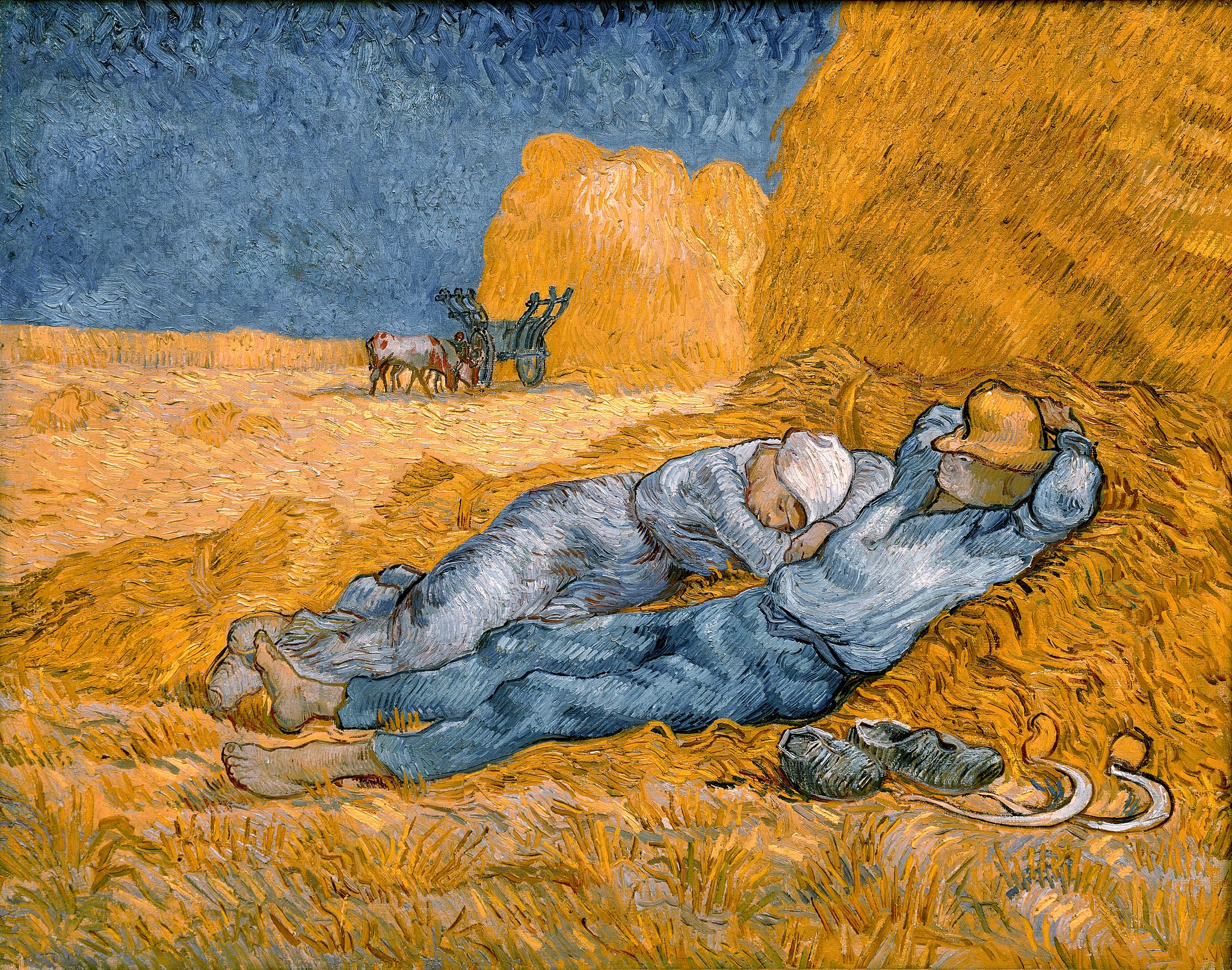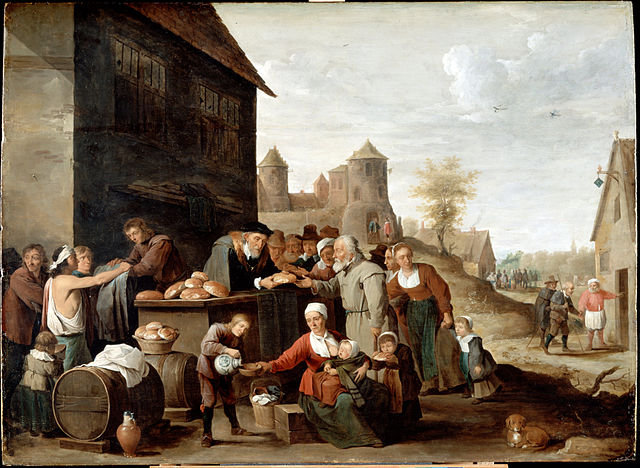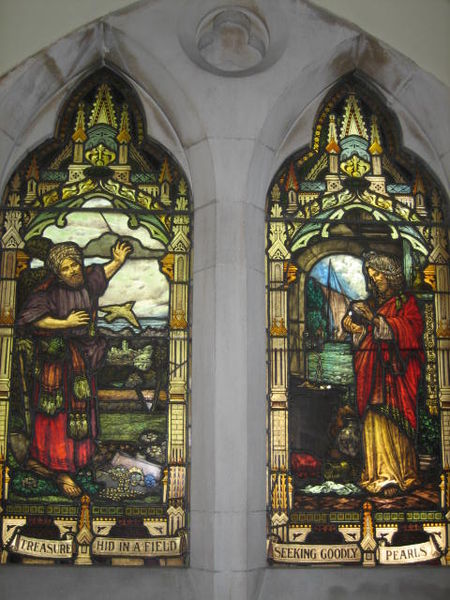Overflowing Lavishly
Holy Family Sunday B (28 Dec 2014)
Homily of Fr. Paul Panaretos, S.J.
God’s life overflows. God’s life overflows within God. Our Catholic tradition appreciates God as a community—Father, Son, Holy Spirit. Long before the Christian appreciation of God as triune, God is always lavish. How lavish? Consider Abraham: one descendant for a childless couple was not enough: the Lord took Abram outside and said, not only will you have an heir, Abram, your descendants shall be as numerous as the stars in the sky. From the first self-introduction to the father of many nations God was lavish. Responding to God was lavish.
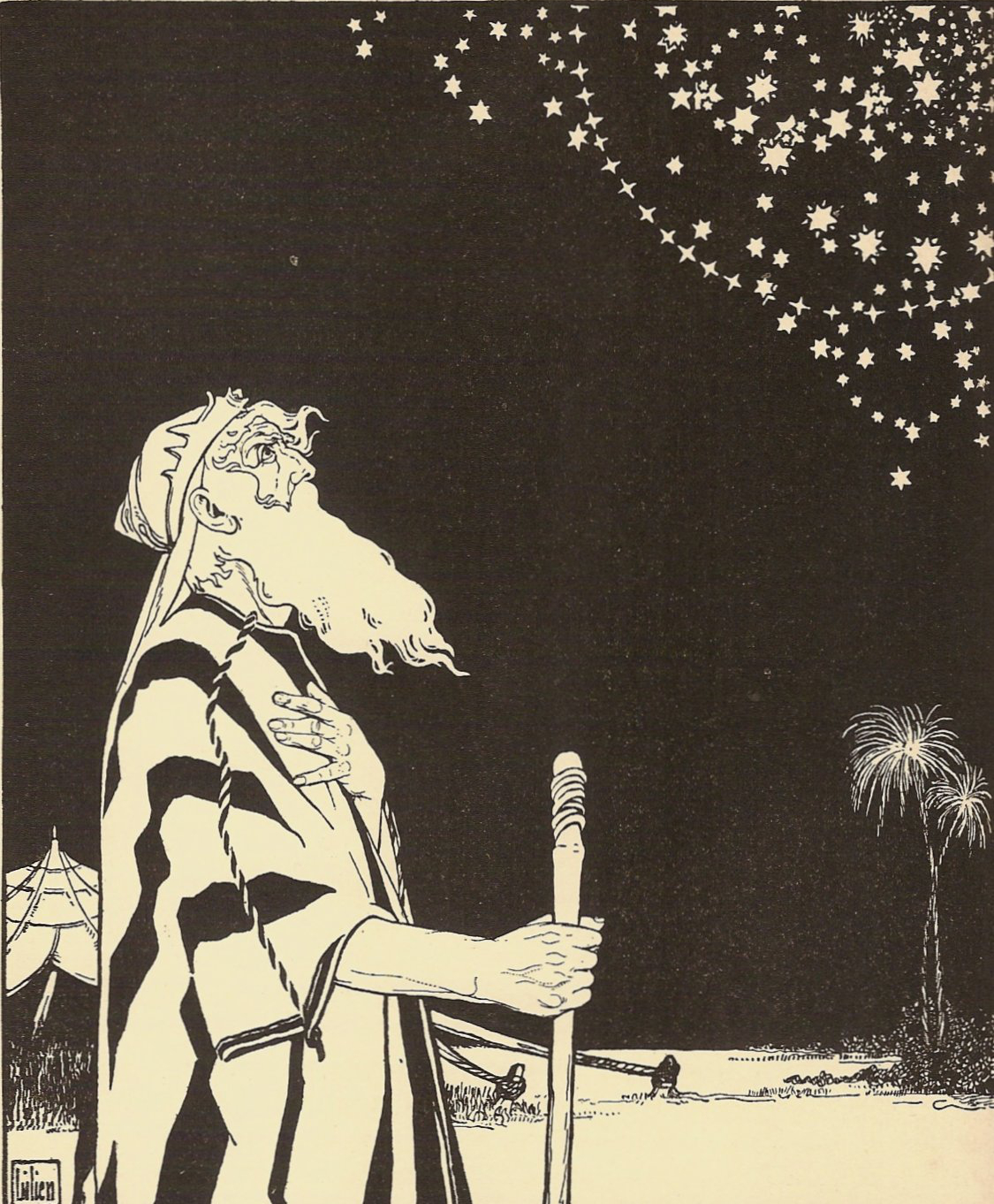 Two thousand years later when pilgrims arrived in Jerusalem in the days of King Herod they saw lavish buildings; they saw and heard artisans of all kinds busily constructing more. The Temple may have been the most impressive building. It teemed with people from the world over. Many of them formed God’s people.
Two thousand years later when pilgrims arrived in Jerusalem in the days of King Herod they saw lavish buildings; they saw and heard artisans of all kinds busily constructing more. The Temple may have been the most impressive building. It teemed with people from the world over. Many of them formed God’s people.
Pilgrims to the Temple Mount fulfilled the words of the prophets: In the last days the mountain of the Lord’s temple will be…exalted above the hills, and peoples will stream to it.1 From his infancy Jesus was a pilgrim to Jerusalem many times. He had an ever-deepening felt-knowledge that he embodied the last days of God’s promise spoken by the prophets. In that graced, prophetic wisdom the child Jesus grew.
By his graced, prophetic wisdom Jesus repeatedly voiced God’s lavish, overflowing life in his teaching. By his graced, prophetic wisdom Jesus repeatedly modeled God’s lavish, overflowing life by his actions. Jesus gave his life so God’s lavish, overflowing life may be ours. God’s lavish, overflowing life raised Jesus from death and exalted him as Lord and Savior of all.
We are Jesus’ body,2 the people of God.3 Families are the building blocks of every people. For Christians the human family is a school of faith, hope and love. The family all of us have become is the church, Jesus’ body. The blood of our savior unites us. His life is his Spirit. With his Spirit pulsing in us our Catholic life is nothing less than the life of our savior. The life of our savior unites us so we may give voice in varied ways to God’s lavish, overflowing life. The life of our savior unites us so we may model God’s lavish, overflowing life by our actions of charity.
The church year gradually spreads before us the stages of Jesus’ life and his mysteries. Each of us may beg [Jesus] to perfect and realize them in us and in his whole Church. How to do that? Let ourselves inhabit and move about in aspects of his mysteries. The season of Christmas offers us nearly three weeks to enter the mystery of Jesus’ nativity: his sharing our human nature so we may share his divine nature. To ask Jesus to perfect and realize his [nativity] in us and in his whole Church not only considers God joining us; it empowers us to celebrate, model and share our triune God’s lavish, overflowing life. By God’s gracious favor Jesus’ body and family do what he first did for us.
In your daily 15 minutes with Jesus this week
- Rest in the lavish love of our triune God.
- Ask Mary to present you to her baby.
- Take him in your arms and speak to him; marvel that God was born for you; that he experienced life as we were born and continue to grow in our lives.
- Ask Jesus for grace to welcome him as our Savior; to have a felt-knowledge that his Spirit gives us life each moment.
- Close saying slowly the Lord’s Prayer. Jesus’ words, on earth as…in heaven, point to the Word made flesh; his prayer urges us to let our lives speak in harmony with that very Word born for us.
Link to this homily’s Spiritual Exercise
__________
- Isaiah 2.2; Micah 4.1.
- Romans 12.5; 1Corinthians 12.27.
- 1Peter 2.10.
- St. John Eudes, quoted in the Liturgy of the Hours and the Catechism of the Catholic Church, ¶521.
____________
Wiki-images: Abram considers the stars; Presentation of Jesus PD-US

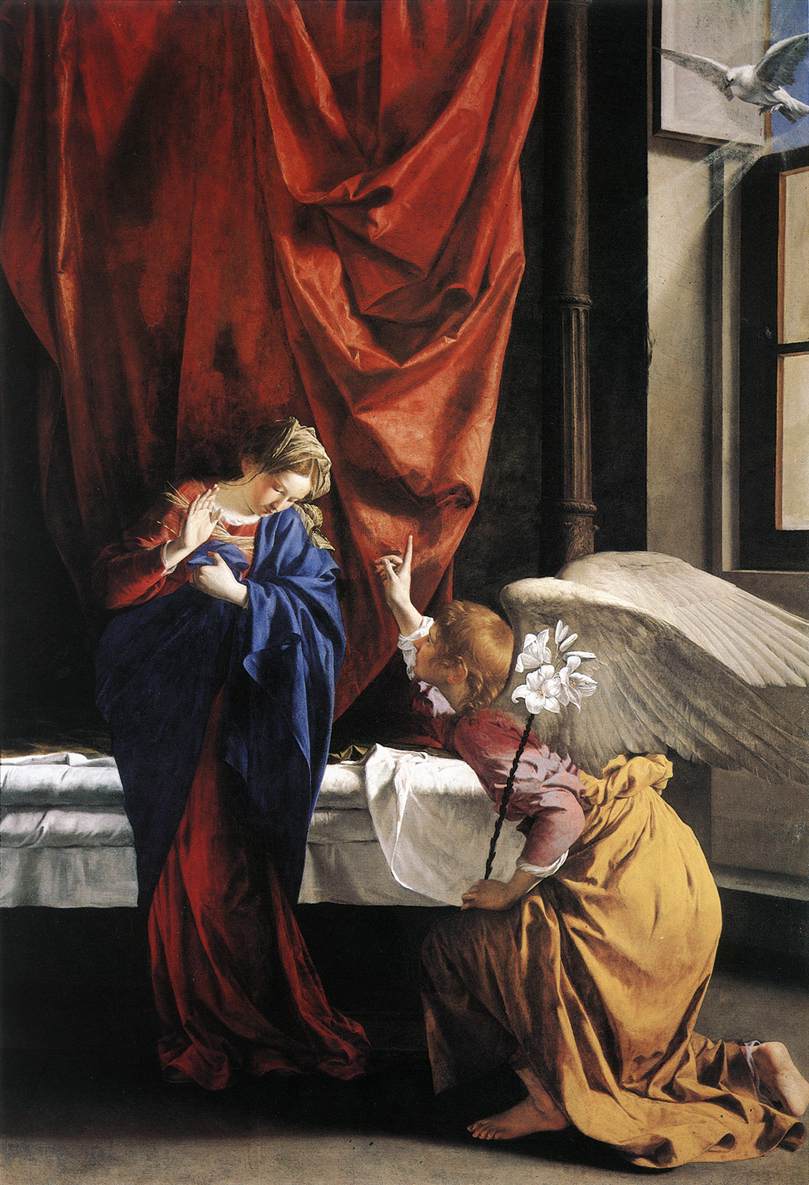



_-_James_Tissot_-_overall.jpg)
